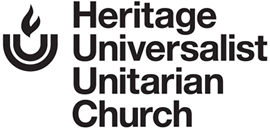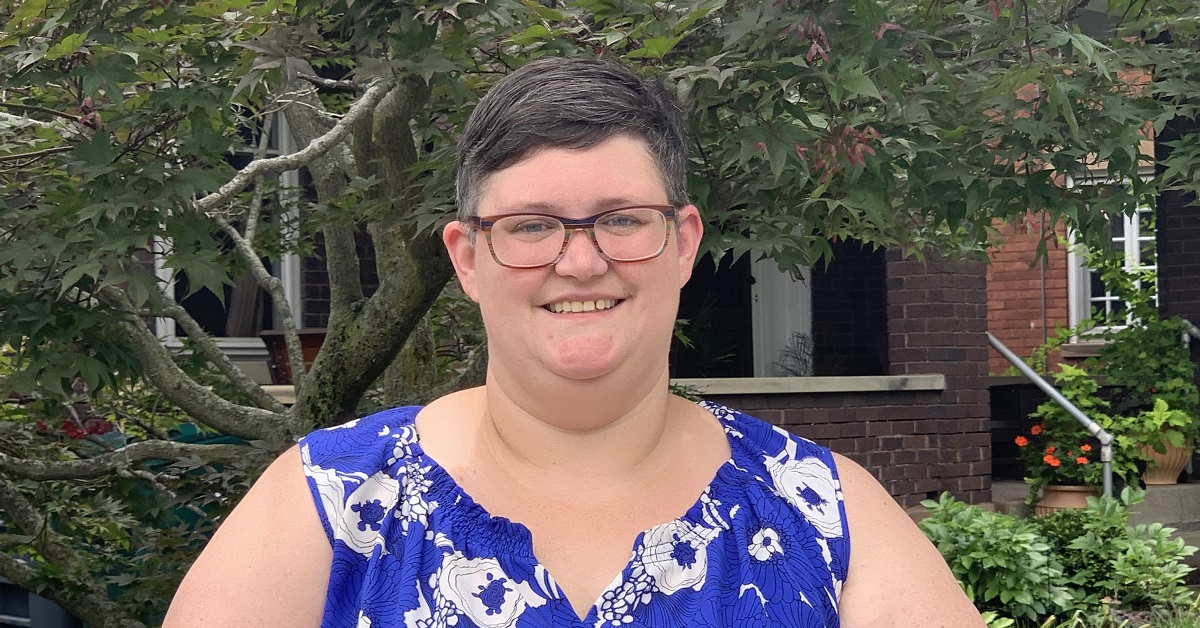by Laci Adams, HUUC Director of Lifespan Faith Development
I have recently found myself saying, “We can do hard things!” As a parent, I say this phrase a lot right now. Three has been a big year for my child Benny, full of changes (all the usual developmental changes, but also the beginning preschool and the arrival of Benny’s sibling, Molly). When asked to do a certain thing, like walk down the stairs or use the potty or get dressed, Benny will say, “I cannot do that!” When asked why not, Benny will say, “It is too hard for me.” And my usual response is “Benny, we can do hard things.”
I believe that, that I can do hard things. And, I believe that Benny can do hard things. And, I believe that we as a church or we as a society can do hard things. And, I think there is great value in telling ourselves that we can do hard things!
First, I think that telling ourselves that we can do hard things is an excellent starting point because it acknowledges that something is difficult and gives us permission to explore that difficulty. Part of the challenge of overcoming challenges is marshaling our own awareness. When we say something is hard, it allows us to examine it, dissect it, and learn from it. It is so much harder, scarier, more anxiety producing, more debilitating to face a challenge while denying its difficulty. When we look at hard things head on, we are more fully able to meet the challenge.
Then we are invited into an exploration of “why.” Our acknowledgment can lead to learning. Sometimes things are hard because we don’t have a certain skill or capacity. Sometimes things are hard because we have a mental block or past experience influencing our current actions. Our acknowledgment is an opportunity for self-learning.
Second, note the importance of “do” in the phrase when we say, “we can do hard things.” We are catapulting ourselves to action. We also are acknowledging our own agency.
Third, the can in the phrase expresses potential, possibility, hope! It acknowledges our capacity and bolsters our hope.

